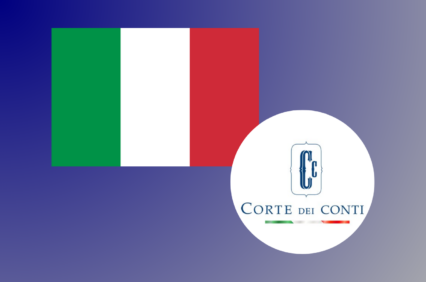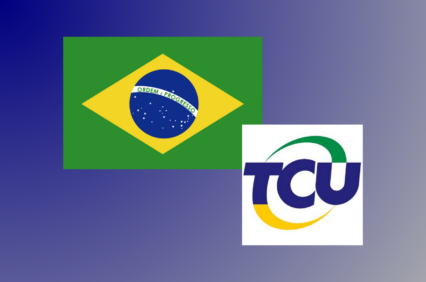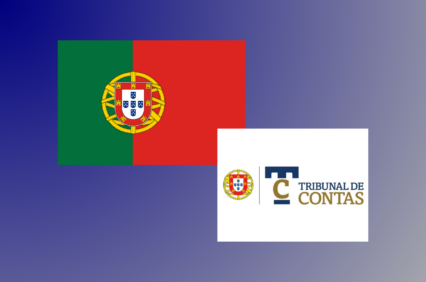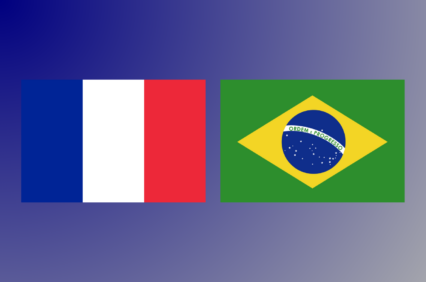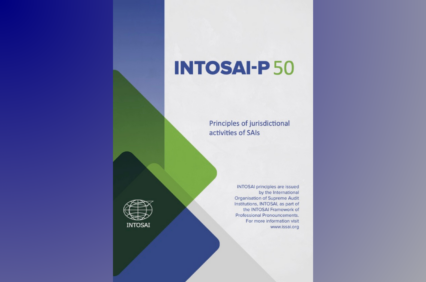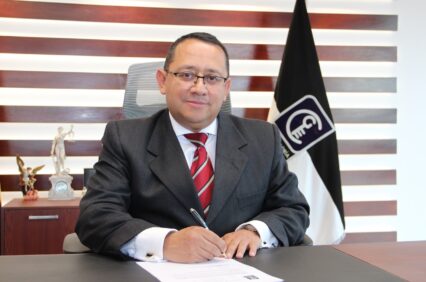The model of jurisdictional supreme audit institution (SAI) is recognized as that of an institution which is able to carry out all types of audit – performance, compliance, and financial audits – and, in addition, is invested with the power to issue formal rulings directly sanctioning the liability of managers of public funds when its audit findings show some irregularities, or when such irregularities are referred to the SAI by a third party.
Tag: INTOSAI P-50
Filter By:


